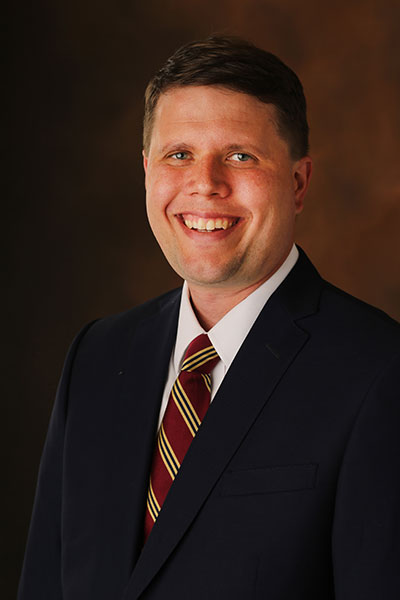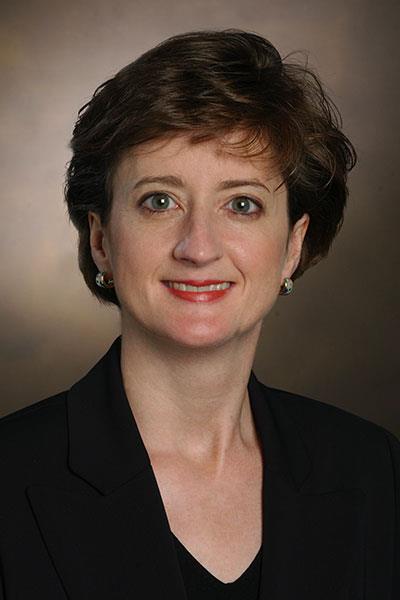Neuro-ophthalmology
Neuro-ophthalmologists are experts trained in both ophthalmology and neurology. They treat problems in nerves, muscles or the brain that affect vision. These include stroke and TIAs, disorders around the eyeball, disorders related to cancers, optic nerve diseases, double vision, thyroid eye disease, multiple sclerosis and problems related to eye and facial movement, pupils and eyelids.
Conditions We Treat
We treat all problems in nerves, muscles or the brain that affect vision, including:
- Allesthesia
- Asthenopia
- Cerebrovascular, periocular and paraneoplastic issues
- Changes in color vision
- Cognitive disorders of vision, such as alexia agraphia
- Double vision
- Dysmetropsia
Meet Your Care Team
Sean P. DonahueMD, PhD
- Amblyopia, Cross Eyes / Strabismus, Ophthalmology, Pediatric Cataract, Pediatric Ocular Tumor, Pediatric Ophthalmology
Louise A. MawnMD
- Droopy Eye Lid, Ophthalmology, Ophthalmology Surgery, Plugged Tear Ducts, Swollen Eye Lid
Why Choose Neuro-ophthalmology at Vanderbilt
- Experience and expertise
Our experts have completed at least five years of advanced training, more than the typical neuro-ophthalmologist. We are the region’s only center of its kind with pediatric and adult neuro-ophthalmologists who are fellows of the North American Neuro-Ophthalmology Society. This depth of knowledge and experience translates into the best care for you.
- Collaborative and personalized care
Because neuro-ophthalmology problems are complex, we bring together specialists in neurology, neurosurgery, ophthalmology, neuro-radiology and otolaryngology. Together, we create a personalized treatment plan to meet your unique needs.
- Innovation
Our researchers are dedicated to developing new and more effective approaches to care. We not only apply the latest research, but also pioneer some of the latest innovations. You may have access to treatments before they are widely available.
- Support
We offer ongoing support services to ensure you find the support you need to feel better, physically and emotionally. We also can assist you with lodging and locating community resources and support.
Tests, Treatments and Services
We offer a full range of tests, treatments and services, including:
- Blood tests
- Carotid Doppler ultrasound
- Catheter angiography
- Computed tomography (CT) angiography
- Electromyography (EMG), including repetitive nerve stimulation/single fiber EMG
- Electrophysiology testing, including visual evoked potentials and ERG
- Fundus photography



